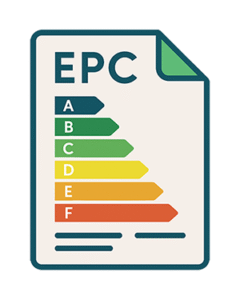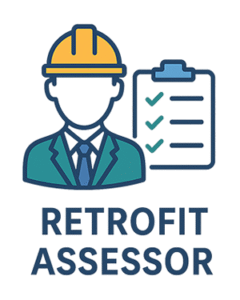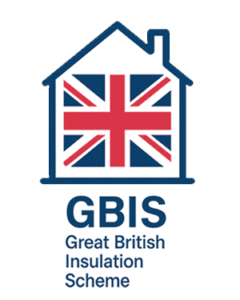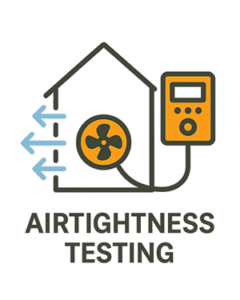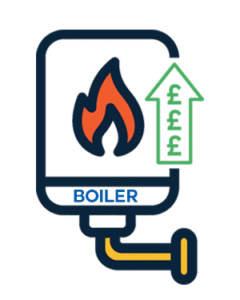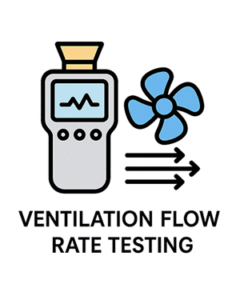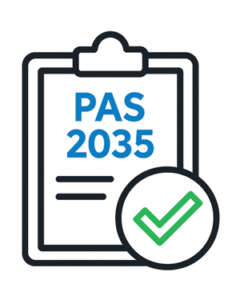Energy Performance Certificates (EPC)
An Energy Performance Certificate, or EPC, shows how energy efficient a property is, as well as how energy efficient it could be.
ECO4 for Social Housing
For social housing providers, ECO4 represents a significant opportunity to access grant funding for retrofitting housing stock-particularly homes with poor EPC ratings (E, F, or G).
ECO4 Funding
The ECO4 scheme is a Government backed scheme helping households achieve their goal of going 100% carbon neutral. The ECO4 scheme provides grants to fund energy-efficient upgrades to homes reducing emissions, electricity and energy bills.
PAS 2035:2019 and PAS 2035:2023
Homeowners and landlords in England can apply for a voucher towards the cost of installing energy efficient and low-carbon heating improvements to homes.
Retrofit Assessment
The ECO4 scheme is a Government backed scheme helping households achieve their goal of going 100% carbon neutral. The ECO4 scheme provides grants to fund energy-efficient upgrades to homes reducing emissions, electricity and energy bills.
Great British Insulation Scheme (GBIS)
The Great British Insulation Scheme (GBIS) is a UK Government initiative designed to help households reduce energy bills and improve home comfort through funded insulation.
Ventilation flow testing
Ventilation testing evaluates indoor air quality to maintain a healthy living environment. Prevents damp, mould, and poor indoor air quality, ensuring ventilation in the home is crucial to maintain good air quality.
Air tightness testing
Air Tightness ensures energy efficiency by measuring leaks in a building’s envelope. Air tightness tests traces of any unwanted drafts, uncontrolled airflow through your home or any other building.
Retrofit Assessor
Our qualified assessors carry out comprehensive Retrofit Assessments in line with PAS 2035:2023.


